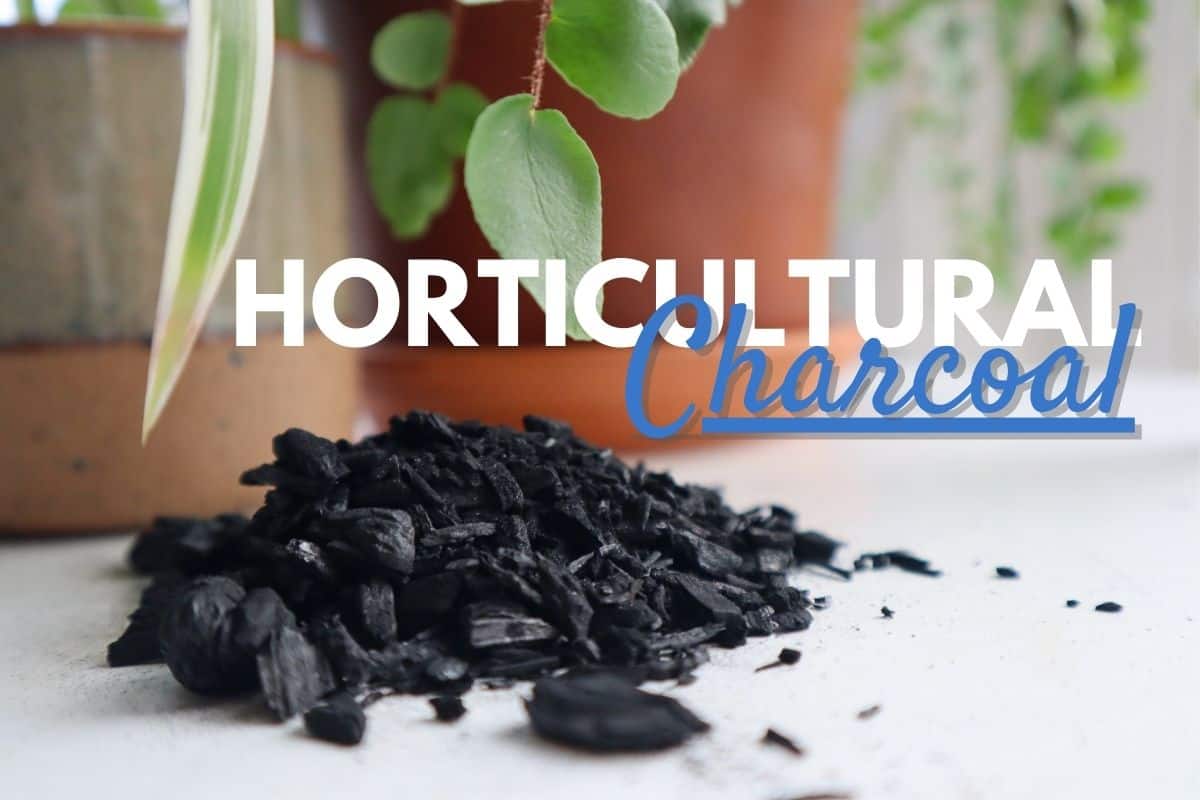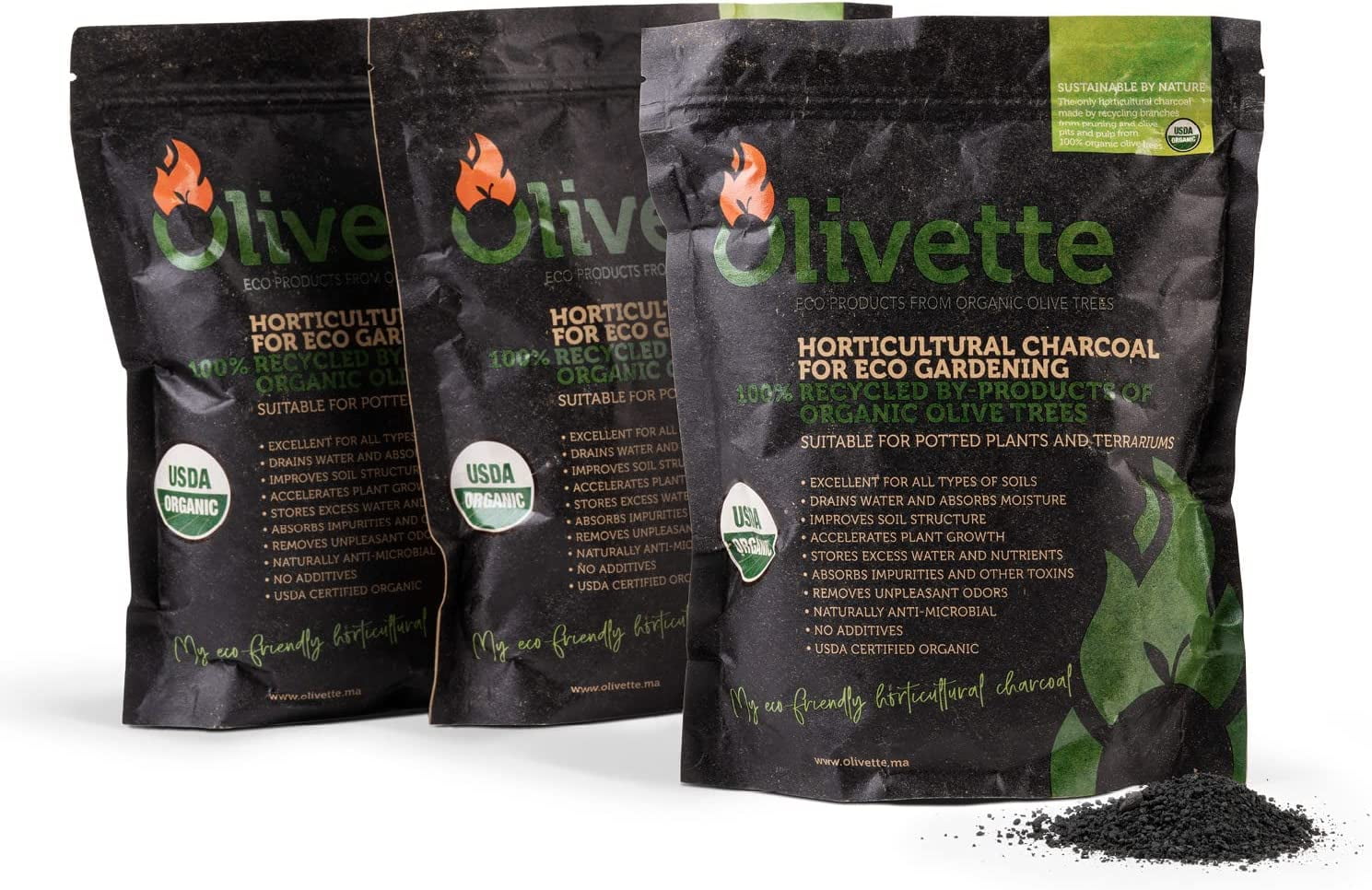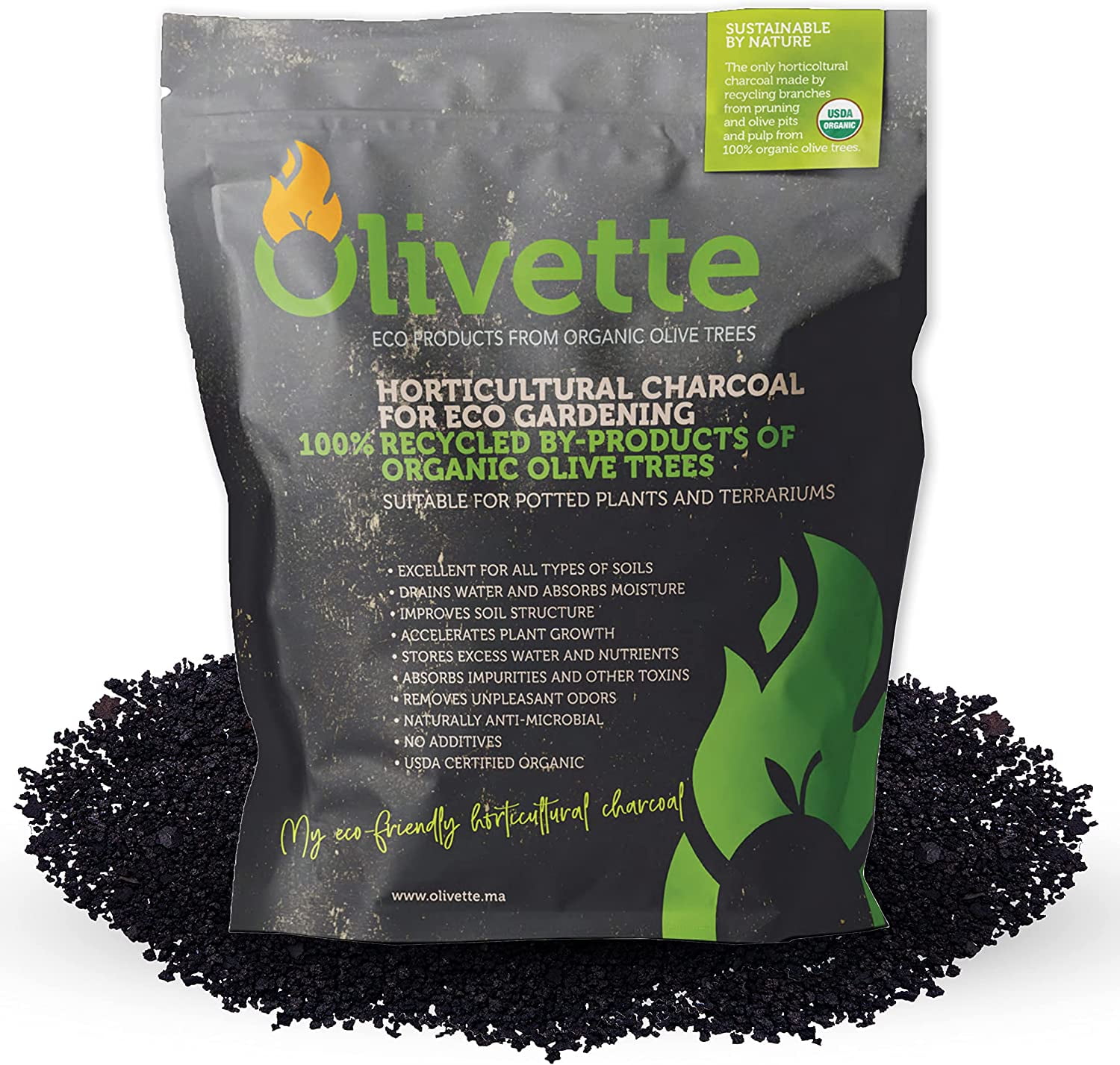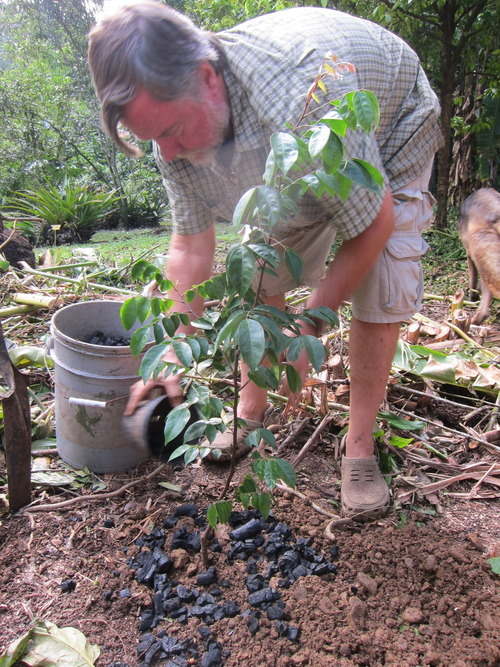
CHARCOAL hacks in GARDENING Surprising CHARCOAL benefits for plantHow
A good rule of thumb is to add no more than 1/2 pound of activated charcoal per 100 square feet of garden space. When using charcoal in the garden, be sure to till it into the top few inches of soil before planting. This will help ensure that the plant's roots have direct contact with the charcoal.

Activated Charcoal For Plants
Activated charcoal has been deemed a good choice for the health and growth of a plant. It amplifies the soil quality, gives the plant its nutrition, and works as a barrier against potent insects and pests.

Horticultural Charcoal 101 Plant & Substrate Guide Terrarium Tribe
4. Add a layer of activated charcoal to separate the soil from the rocks. Pour in a 1⁄2 in (1.3 cm) layer of activated charcoal on top of the rocks or pebbles. Make sure the charcoal layer is evenly spread out. It's okay if some of the rocks can be seen through the layer of charcoal. [4]

Horticultural Activated Charcoal for Plants by Olivette Terrarium
Horticultural charcoal is becoming an increasingly common soil amendment, but when it comes to healing sick toxic soils, activated charcoal is the treatment of choice. The term horticultural.

Using the activated charcoal while gardening YouTube
Like its fashionable cousin, "activated" charcoal, horticultural charcoal has long been touted to have a variety of benefits when it comes to gardens, indoor plants, and the wider terrarium/vivarium world. From filtering and enriching soils to absorbing bad odors, there's seemingly nothing that this black magic dust can't do.

Activated Charcoal How To Use Activated Charcoal For Plants
Activated charcoal is made by heating carbon-rich materials to higher temperatures in a controlled environment. This process enlarges the pore size within the carbon and increases its overall surface area. Due to this porosity, activated charcoal can absorb impurities, excess water, and even certain gases.

Horticultural Activated Charcoal for Plants by Olivette Terrarium
Activated charcoal is made by heating the organic matter to between 1112 and 1650 degrees Fahrenheit while grill charcoal is made at between 572 and 716 degrees Fahrenheit. Unlike normal charcoal, activated charcoal has materials added to it during the manufacturing process.

Activated Charcoal Horticultural Charcoal Pistils Nursery
Activated charcoal is a form of carbon, which has developed pores by undergoing a process of activation. In this process, carbon is exposed to very high temperatures with various gases. This Activation process significantly increases the surface that helps in the absorption of chemical impurities and pollutants. How to Use Cocopeat in Garden

Activated Charcoal Activated charcoal, Biodegradable products, Air
Activated charcoal rids the soil of impurities, repels insects, and prevents mold and odors. It's also extremely porous, meaning that when you drown your leafy friends in water, it will absorb.

50 Unbelievable Benefits of Activated Charcoal You Must Know 2024
Looking For Charcoal Horticultural? We Have Almost Everything On eBay. Fast and Free Shipping On Many Items You Love On eBay.

Effective Uses Of Activated Charcoal Homesteading
Activated Charcoal used when potting plants Additionally, it prevents odors and mold and helps keep insect pests away. Activated charcoal works in this way because it has very fine pores and ample inner surface area where a wide variety of substances can adhere. What Is Activated Charcoal?

Wakefield BioChar Premium Garden Soil Conditioner (Activated Charcoal
Activated charcoal is a fine, odorless, black powder often used in emergency rooms to treat overdoses. Some other potential benefits include reducing flatulence, promoting kidney health, and.

How Activated Charcoal Can Do Wonders To Your Plants Activated
The naturally absorbent nature of activated charcoal is yet another reason why it is an excellent soil amendment. When fertilizer is added to your mix, the activated charcoal works by absorbing the fertilizer and releasing it slowly back to the plant. Activated charcoal is used widely in water treatment plants as an absorbent for impurities.

Activated Charcoal in 2020 Activated charcoal, Biodegradable products
Activated charcoal for horticultural purposes is derived from hardwood and is quite porous, so it is popular for gardening. Biochar is activated charcoal that is superheated until smoldering when water and any residual oils are burned out of the wood. It is not burnt to ash. The remaining wood bits and chunks are carbon.

Activated Charcoal Capsules Heathen Herbs
Horticultural charcoal enters the scene as a liberator for roots. Its granular nature fosters air pockets within the soil, effectively enhancing aeration. As roots delve into these air-filled spaces, they enjoy greater freedom to expand, leading to stronger root systems that anchor plants more securely.

How to Use Activated Charcoal For Houseplants Houseplant
Activated charcoal is used in aquaria to absorb all the nasty bacteria that rocks up occasionally. It acts like a sponge for stuff you don't want - hence why it's given to people that have taken overdoses - and, I believe, neutralises it (to a certain extent).